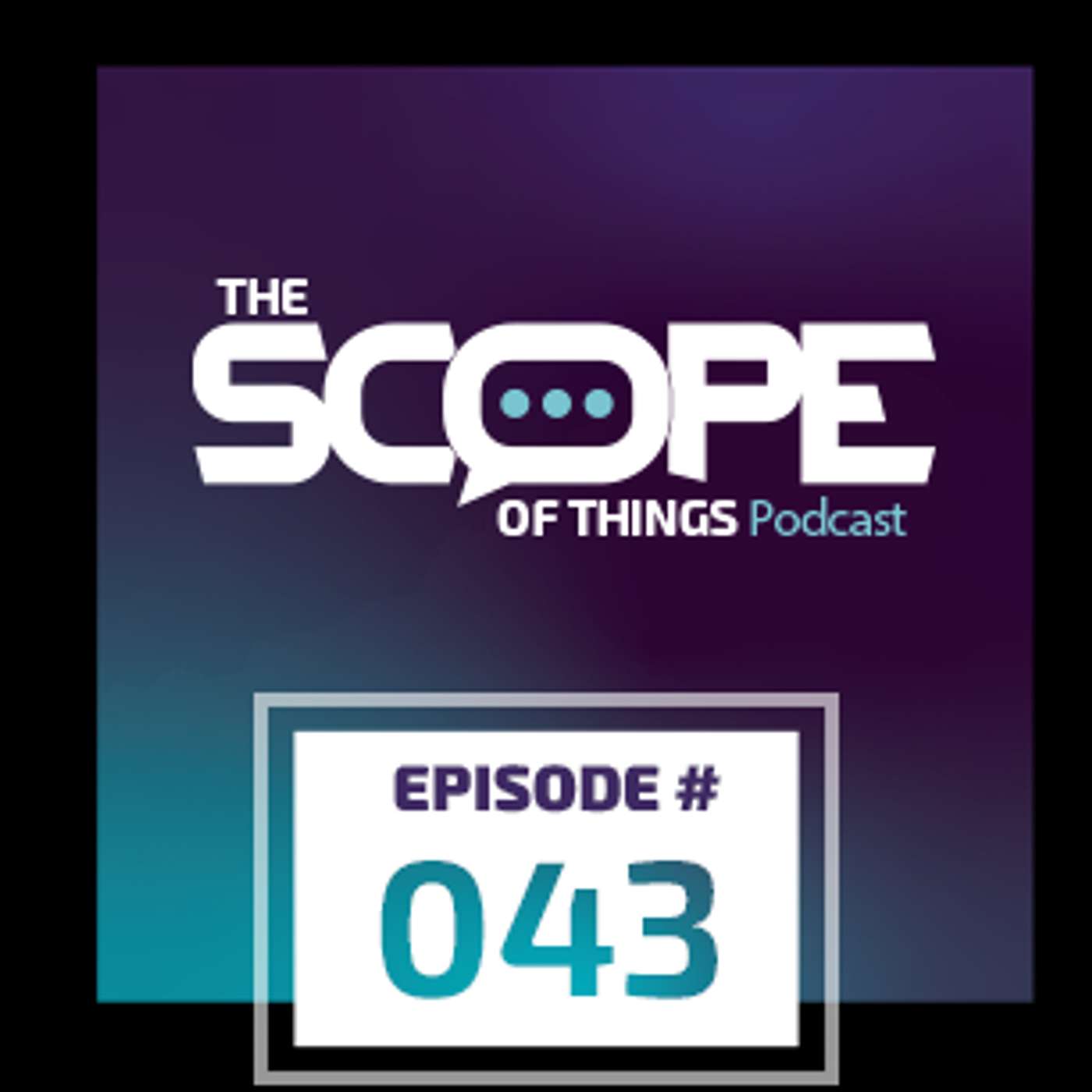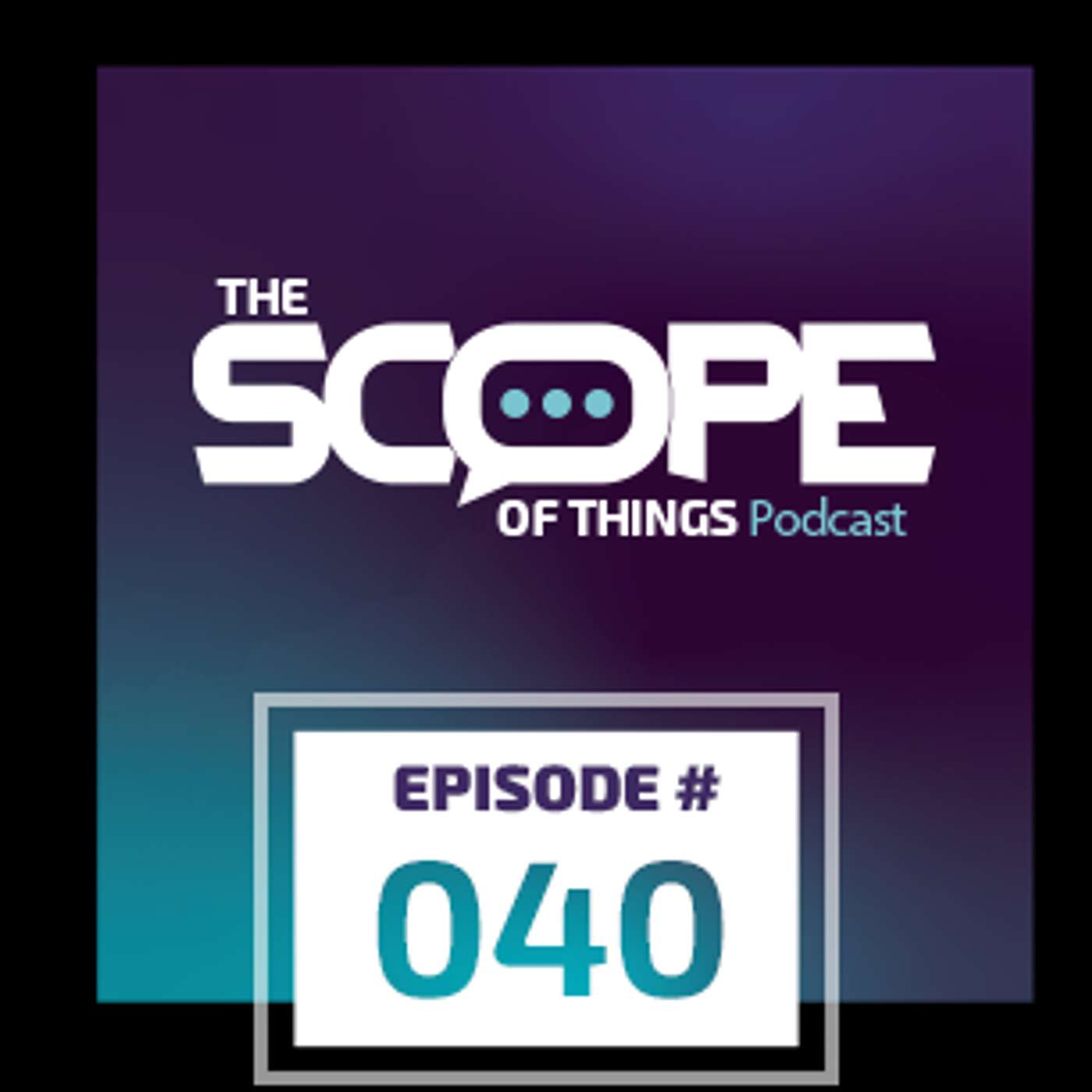Episode: 37 - Using AI to Translate Clinical Trial Results with Ravi Parikh
Description
In this episode of The Scope of Things, host Deborah Borfitz covers the latest news, including setting expectations for Phase II cancer trials, key learnings about dementia from the Nun Study, links between cardiovascular disease and mild cognitive impairment, using aspirin to prevent cancer spread, a clinical trial map to improve study access, and a naturally occurring molecule that rivals Ozempic in its weight loss potential. Deborah also speaks with Ravi Parikh, medical director of data and technology applications shared resource at Winship Cancer Institute of Emory University, about a novel AI platform he helped develop to translate clinical trial results to real world populations.
News Roundup
Phase 2 cancer drug trials
- Study in the Journal of the National Cancer Institute
Nun Study insights
- Review article in Alzheimer’s & Dementia
DORIAN GRAY project
- Press release by the European Society of Cardiology
Aspirin for preventing cancer spread
- Study in Nature
New clinical trial map
- News announcement on the EMA website
Molecule rivaling Ozempic
- Study in Nature
The Scope of Things podcast explores clinical research and its possibilities, promise, and pitfalls. Clinical Research News senior writer, Deborah Borfitz, welcomes guests who are visionaries closest to the topics, but who can still see past their piece of the puzzle. Focusing on game-changing trends and out-of-the-box operational approaches in the clinical research field, the Scope of Things podcast is your no-nonsense, insider’s look at clinical research today.
























